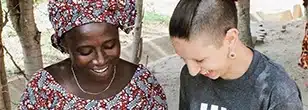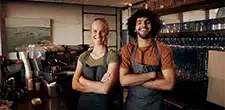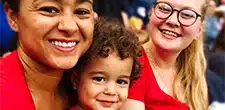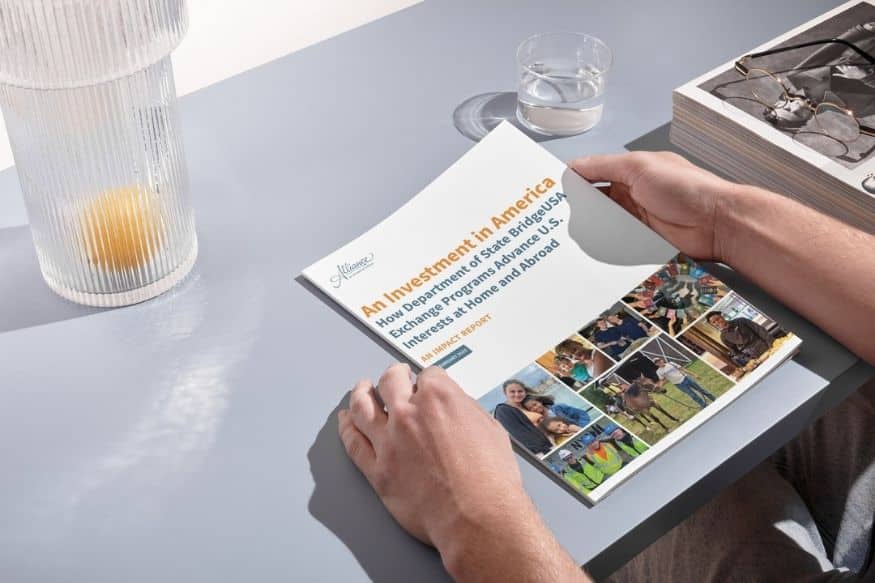2019 Christianson Fellow Madalyn McLennan volunteers in Mexico with Compañeros En Salud, a subsidiary of the US-based NGO Partners in Health. As part of the organization’s Right to Healthcare team, she helps rural community members access quality care.
Although Mexico is right across the border from the United States, I had never been before. I decided to pick up my life and move there for a year-long position as the Right to Healthcare Volunteer with Compañeros En Salud (CES). I moved to Chiapas, the southernmost state of Mexico. Here, CES has clinics in 10 rural communities in the Sierra Madre, which are tasked with helping more than 28,000 people receive quality healthcare.
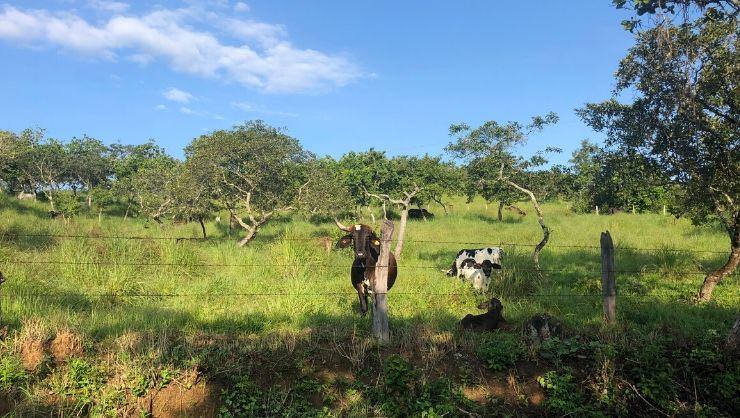
Image courtesy of Madalyn McLennan
Our 10 clinics are run by a pasante. A pasante is a doctor in their final year of medical school. Mexico requires all doctors to do one year of social service, which is their Pasantia. To me, this model makes a lot of sense. This social-service year is a year dedicated to helping those in their country with less access to healthcare. Not only does it provide care to those in these rural communities, but it allows the doctors to have a different perspective and understand the struggles in their country.
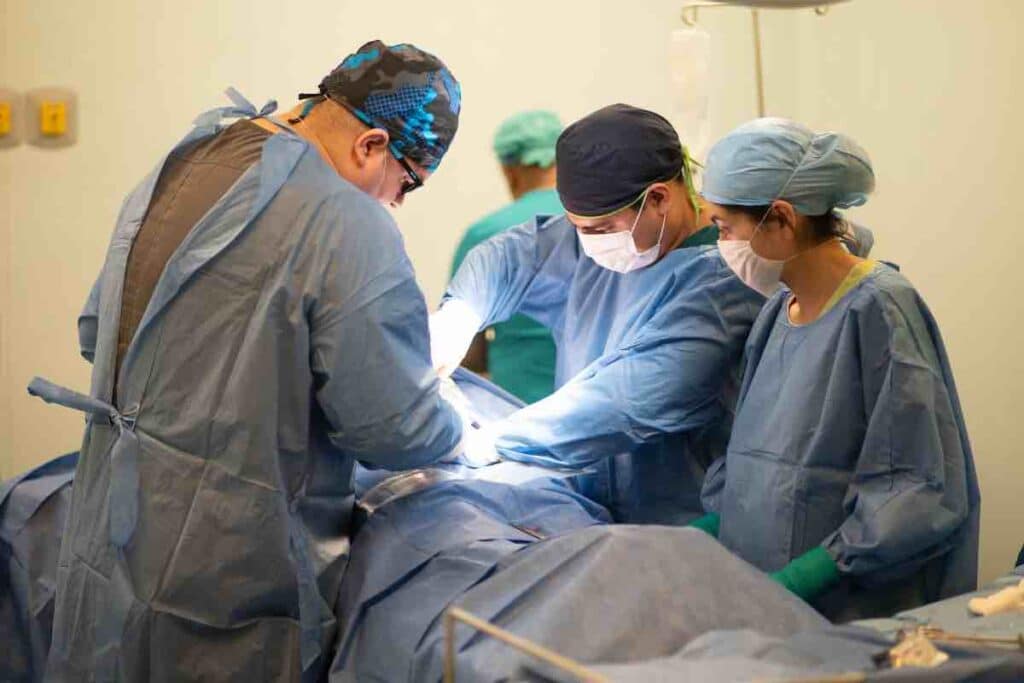
Image courtesy of Will Pavlis
Similar to the US, navigating the healthcare system in Mexico can be confusing. My team is in charge of patients’ secondary and tertiary care. We cover everything from cost of appointment to helping with transportation. Many of our patients never learned to read, so navigating a health system is nearly impossible. This was a surprise to me when I first moved here. Although medical literacy levels are frequently a problem, I had not thought about how much more difficult seeking care would be with little to no literacy. When I recently accompanied a patient to the ophthalmologist, she could not repeat which letters she could read because she was unfamiliar with what they were. Luckily, my team is able to help these patients gain the care they deserve.
We have many goals for the coming year, but one major goal is to evaluate how we are doing with educating our patients on the health system and how confident they feel in navigating the system on their own. We are doing this through satisfaction surveys and qualitative interviews. We will ask patients how they feel about their treatment in our program and in the health system and discuss how empowered they feel after their care. This will take a lot of time and patience to collect all of our data. I’m excited to be an integral part of this effort. Learning about the people and culture has been eye-opening.
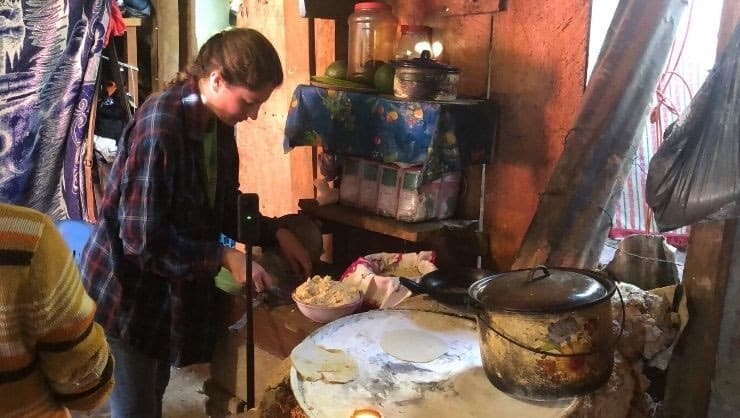
Image courtesy of Madalyn McLennan
In the United States we strive to climb the ladder and be at the top of our field, which is necessary and rewarding, but the people of Chiapas find so much joy in what little they have. They are always laughing, welcoming you into their home and offering you all they can to make sure you’re enjoying your time as much as they do. Living in Mexico is teaching me to appreciate a more relaxed pace of life and love what is around me.








